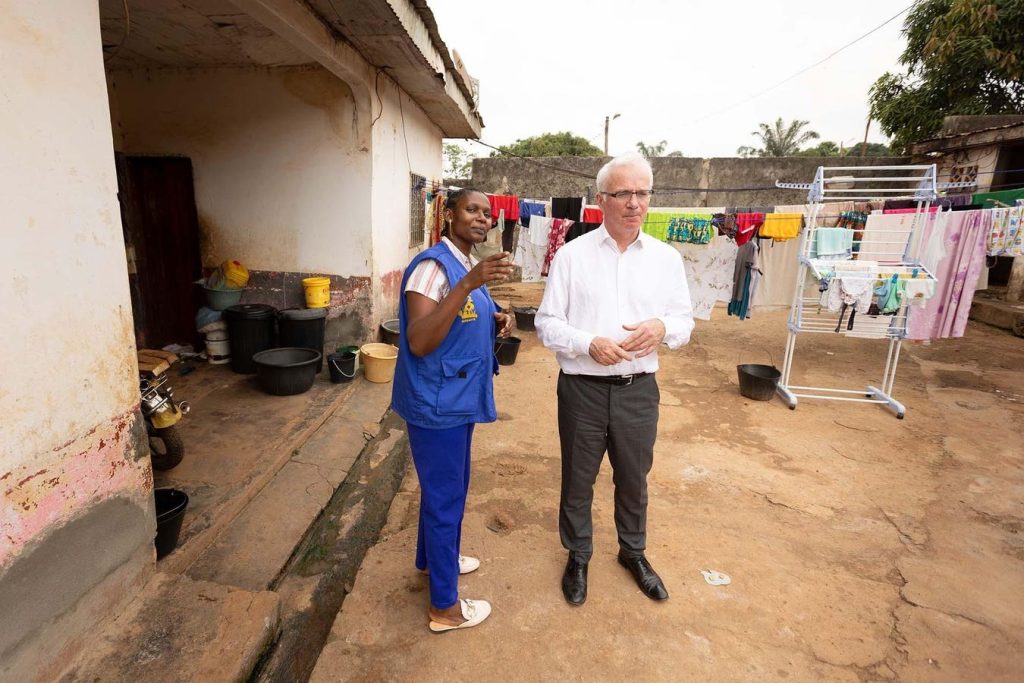As the world continues its fight against malaria, the focus has shifted to the health workers on the frontline who are making a real difference in the battle against this deadly disease. Despite having new tools and technologies available, it is the strength of the health systems and the dedicated health workers that ultimately determine the success of malaria control efforts. African ministers of health have emphasized the importance of utilizing these tools, such as dual active ingredient nets, indoor residual spraying, and vaccination programs, alongside comprehensive national malaria control plans.
These health workers, including doctors, nurses, midwives, laboratory technicians, and community health workers, are crucial in delivering lifesaving prevention and treatment services. The majority of health workers are women, who play a significant role in providing care to billions of people worldwide. During a recent visit to Cameroon, three remarkable women leading the fight against malaria were highlighted. Midwife Emily Itondo provides prenatal care and malaria prevention medication to pregnant women, while nurse Danielle Ekoto leads the vaccination program, which includes the RTS,S malaria vaccine. Community health worker Amélie Tachifo supports families like Melissa, Tomnjong, Gabriella, and Tony-Jason, ensuring they receive the necessary malaria interventions and care.
The impact of these health workers is immense, as evident in the relationships they build with the communities they serve. The trust and care provided by community health workers like Amélie are essential in ensuring access to health care and promoting prevention measures among at-risk populations. Despite the critical role they play, health workers, especially community health workers, often lack adequate support, training, protection, and financial compensation. Many of them, like Amélie, have to take on additional jobs to make ends meet, highlighting the need for better recognition and remuneration for their tireless efforts.
As World Malaria Day approaches, it is important to acknowledge the significant contributions of these frontline health workers, particularly women, in the fight against malaria. While new tools and technologies are essential in the battle against this disease, the commitment and dedication of health workers remain paramount in achieving progress. The global community must prioritize providing the necessary support and resources to ensure that health workers have the tools, training, and compensation required to continue their critical work against malaria. In recognizing and respecting these heroic health workers on the frontline, the world can make significant strides towards ending malaria for good.


